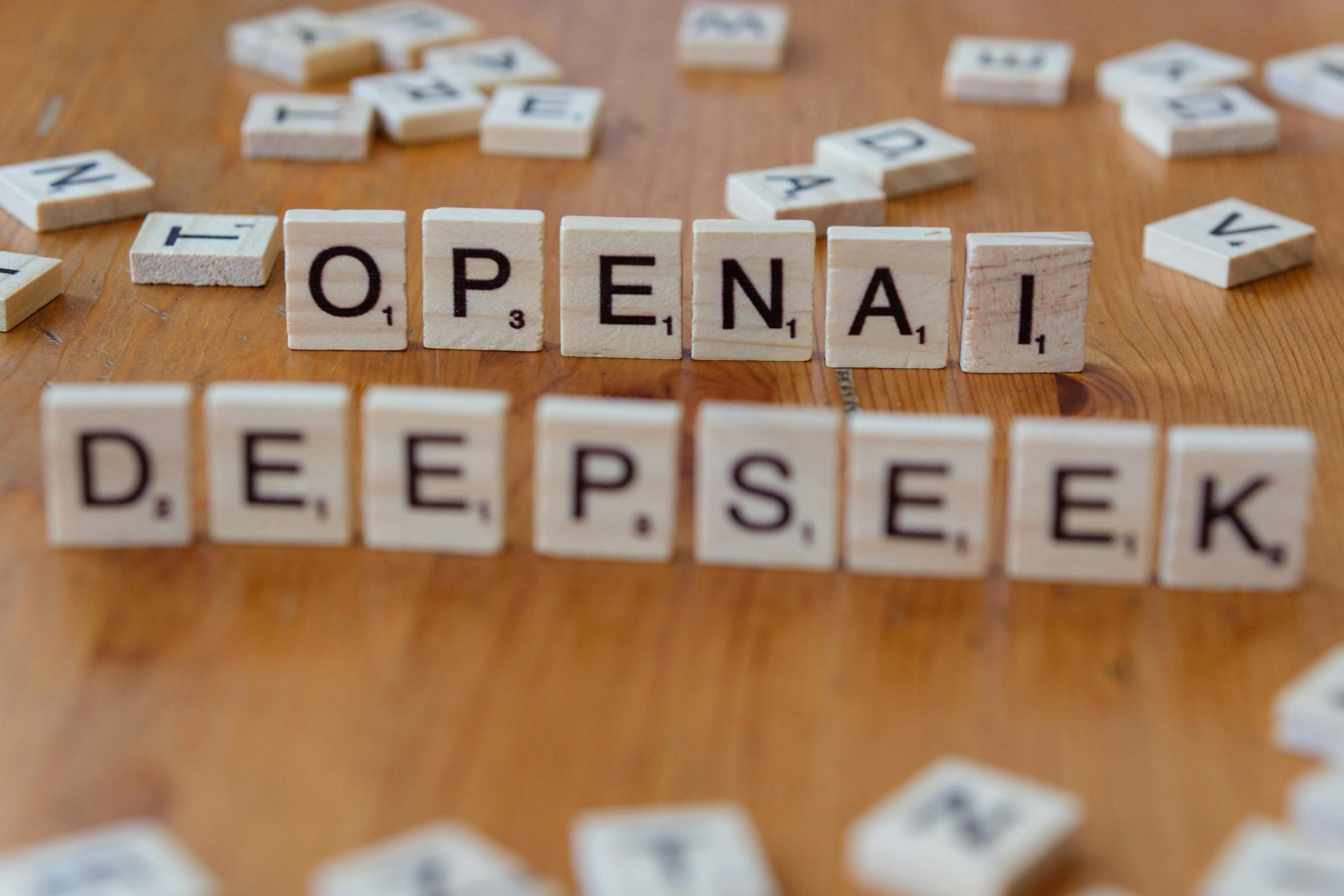My Manager Suspects I’m Cheating Due to Using AI to Manage My Tasks
Embracing AI Tools for Better Productivity: A Workplace Perspective
In today’s fast-paced work environment, managing the barrage of emails, follow-ups, tasks, and meetings can be overwhelming—especially in operational roles at mid-sized companies. Recently, I’ve turned to artificial intelligence solutions like ChatGPT and other productivity tools to help navigate my daily responsibilities.
Initially, I integrated AI into my workflow discreetly, allowing it to analyze my notes and to-do lists, draft emails, and create structured daily plans with follow-ups. The results were encouraging: I became more organized, avoided forgotten tasks, and consistently submitted work on schedule. Instead of spiraling into stress, I found a sustainable way to maintain high performance.
However, my approach did not sit well with everyone. My supervisor, who is somewhat skeptical of AI technologies, expressed concerns when he learned I was utilizing these tools. He suggested that relying on AI might reflect poorly on the team, implying that “real work takes time” and that I might be “cheating” by automating parts of my tasks.
This reaction has created an awkward atmosphere. It seems that leveraging technology to improve productivity is viewed with suspicion, despite its benefits. To me, using AI is simply embracing smarter methods of work management, not outsourcing core responsibilities. After all, the goal of adopting new tools is to work more efficiently and effectively.
In a rapidly evolving digital landscape, integrating AI into our workflows can be a game-changer. It’s not about cutting corners but about working intelligently. As professionals, we should consider how these advancements can help us excel rather than be criticized for doing so. Embracing innovative solutions is ultimately about enhancing performance, not undermining it.














Post Comment